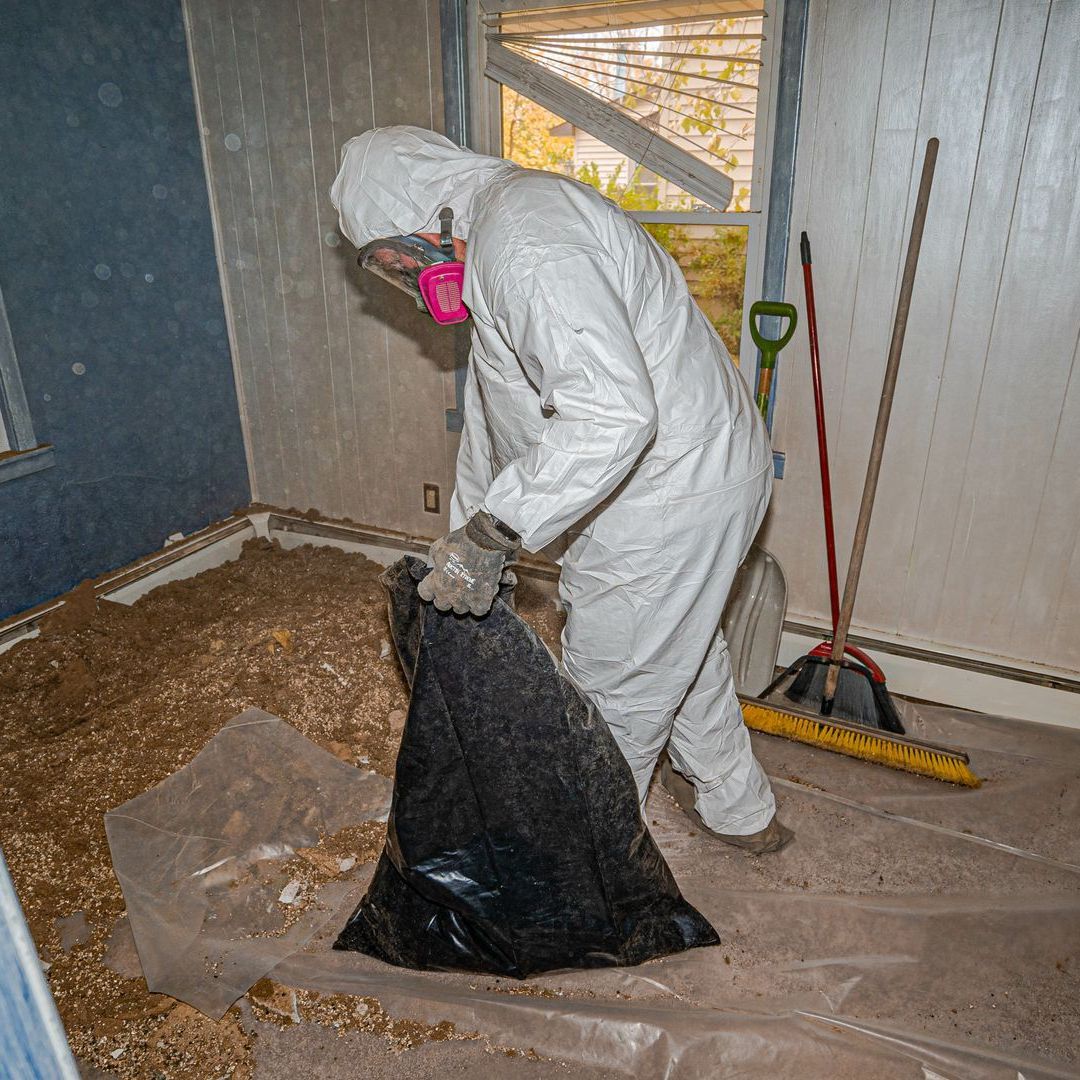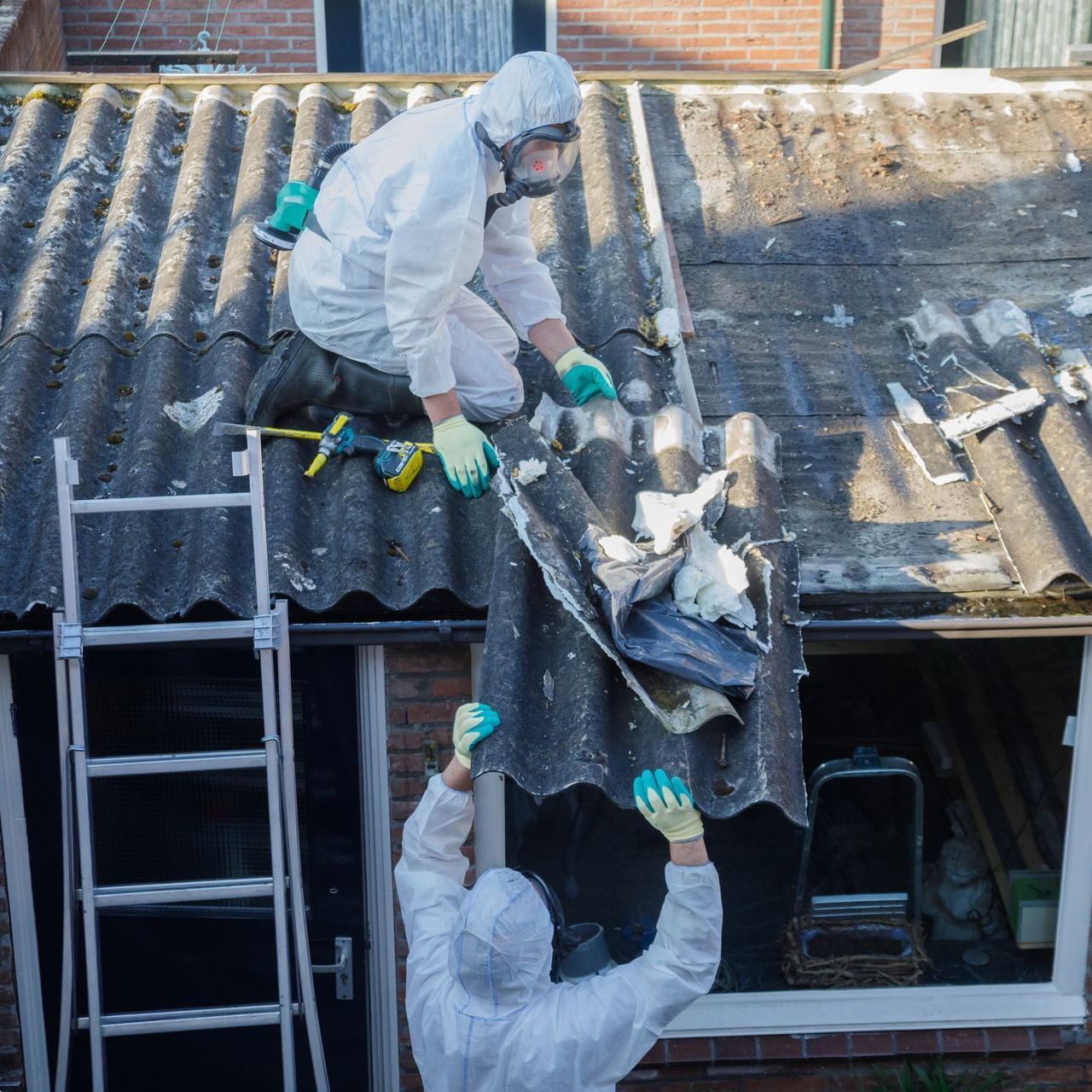Asbestos Management
At King Dem, we understand the critical importance of safe and efficient asbestos removal.
As a trusted industry leader with years of experience, we take pride in offering asbestos removal services that prioritise safety, compliance, and environmental responsibility. Our dedicated team of experts is committed to delivering tailored solutions for projects of all sizes, ensuring that hazardous asbestos is managed and eliminated effectively.
Expert Asbestos Consultancy
Asbestos is a group of naturally occurring minerals that were once widely used in construction and various industries due to their heat resistance and durability. However, prolonged exposure to asbestos fibres can lead to serious health risks, including lung diseases and cancer. Our asbestos consultancy service is designed to assist individuals, businesses, and organisations in effectively managing and mitigating the risks associated with asbestos. These services cover a range of activities aimed at identifying, assessing, and controlling asbestos hazards in various environments, such as residential, commercial, and industrial properties across the UK.

Thorough Asbestos Surveys
With an estimated half a million premises in the UK potentially harbouring asbestos-containing materials, the importance of accurate identification and meticulous management cannot be overstated. We conduct thorough surveys to identify the presence of asbestos-containing materials within a building or facility. These surveys involve inspecting materials, collecting samples, and analysing them to determine whether asbestos is present.

Precise Asbestos Analysis
At King Dem, we provide an asbestos bulk sampling service. Employing methodologies aligned with the Health and Safety Executive (HSE) Guidance HSG248, our UKAS-accredited (United Kingdom Accreditation Service) laboratory consistently conducts thorough analysis of all samples. Asbestos analysis is a crucial process performed to determine the presence and type of asbestos fibres within various materials so we can make informed decisions about how to manage or remove the material to minimise health risks.

Efficient Asbestos Removal
When the necessity for asbestos removal arises, we possess the expertise and infrastructure to cater to projects of varying scales. Our operations adhere rigorously to industry regulations and Health and Safety Executive guidelines. Holding accreditation in ISO 9001, ISO 14001, and OHSAS 18001, our specialised services give clients the assurance of rigorous internal and external audits, attesting to our unwavering commitment to quality, health and safety, and environmental standards.


